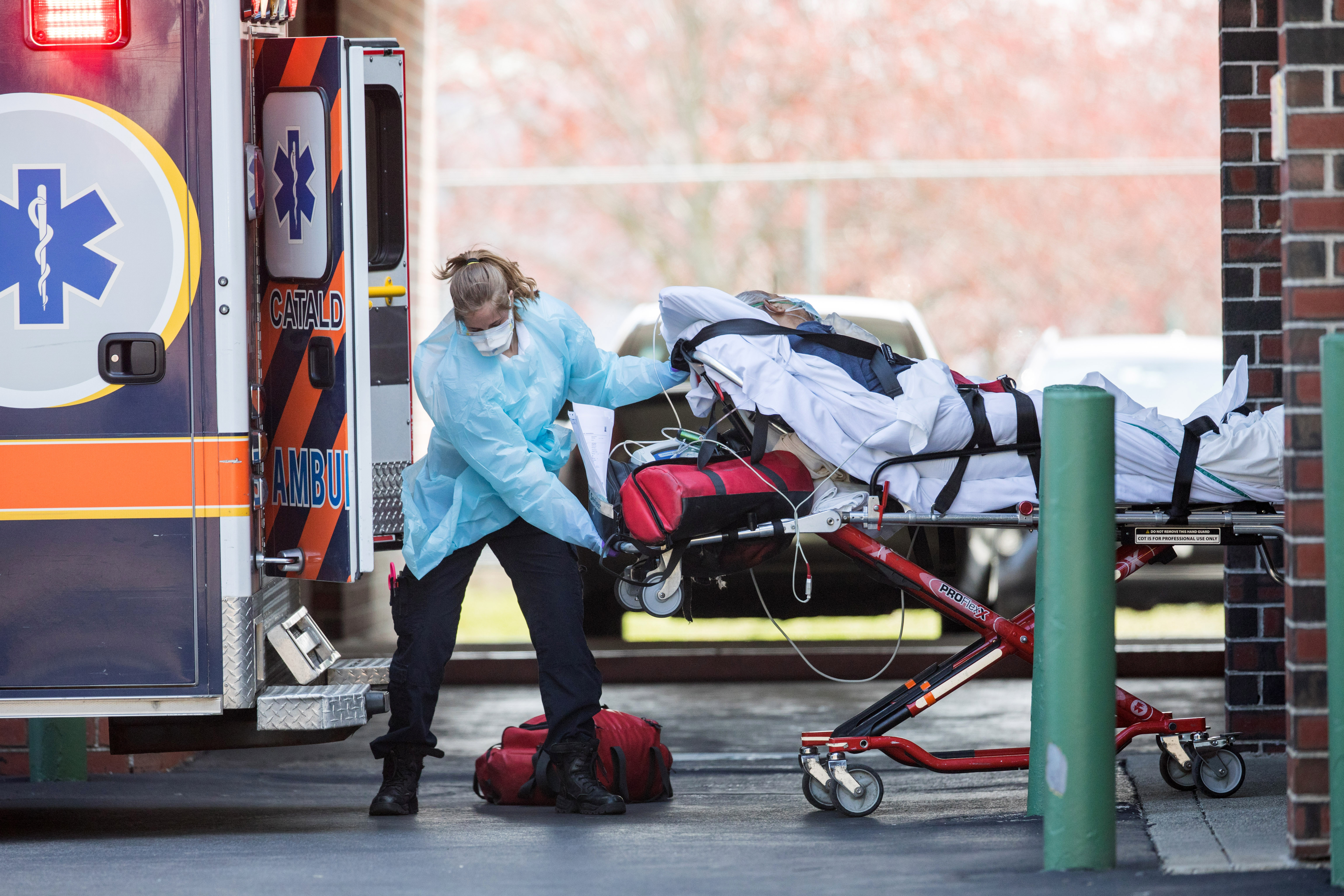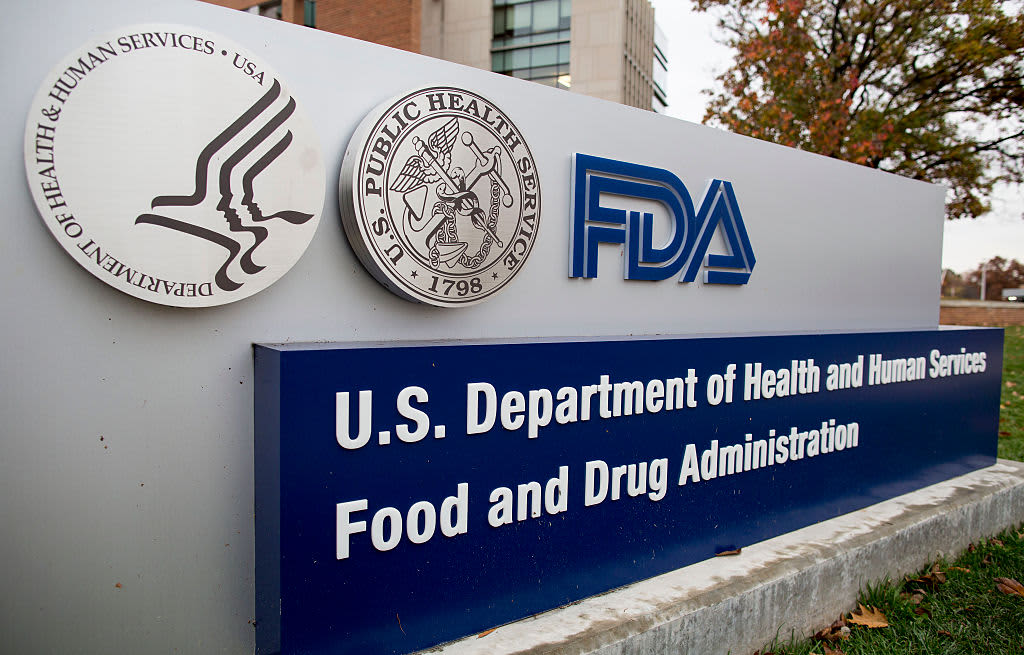While China remains in its most stringent lockdown since the start of the pandemic, Boston-based infectious disease experts say it's not something to lose sleep over.
The country shut down its biggest city, Shanghai, which is home to 26 million people, to conduct massive testing and to control an outburst of Omicron cases. Because of the new round of lockdowns in China, many are left wondering if the spike in Omicron cases in China could mean a future of more COVID spikes for the U.S.
WATCH ANYTIME FOR FREE
Stream NBC10 Boston news for free, 24/7, wherever you are. |
Top Boston doctors explained what the U.S. should take away from the lockdowns in China during NBC10 Boston's weekly "COVID Q&A" series.
Sign up for our Breaking newsletter to get the most urgent news stories in your inbox.
Get updates on what's happening in Boston to your inbox. Sign up for our News Headlines newsletter.
The doctors agreed that Americans, for the most part, should not be concerned. Brigham and Women's Hospital's Chief of Infectious Disease, Dr. Daniel Kuritzkes, said that China's lockdown should not be a cause for concern at home.
"I don't think we have to be worried about it in terms of what might happen here (in the U.S.) because what they are experiencing is what we already experienced in January and February," Kuritzkes said. "The difference is that they have had so little other COVID that they haven't boosted in the way we have. Their total level of immunity is much lower because they have a largely unexposed population."
Dr. Sabrina Assoumou of Boston Medical Center agreed. She added that while it isn't necessarily a cause for concern, China is still a part of the global community.
"We have to be worried about it in the sense that this is a global pandemic and we are all connected and it's important to know about things that are happening in other places around the world," Assoumou said. "I do agree that China is seeing their initial Omicron surge which we had last winter so we're in a different place."
Dr. Shira Doron, a hospital epidemiologist at Tufts Medical Center, noted that there was a difference between what is going on in China, what is going on Europe, and what could potentially occur in the United States.
"I want to highlight the distinction between what is happening in countries who are just seeing their first Omicron spike, which doesn't represent a forecast of what we would be likely to see, and countries predominately in Europe who are seeing a double spike due to BA.2." Doron said. "That has more of a likelihood of informing what we are likely to see here over the next few weeks."
The doctors noted that China deals with COVID-19 in a far more stringent way than other countries do, including the United States. China has a Zero-COVID policy, where they put restrictions on their population in terms curfews, businesses hours and public transportation.
Doron noted that because of this strategy, China's COVID curve is flat when compared to other nearby countries.
"I was using a data site to put together a graph showing what the curves look like in Asian countries and China's curve is flat," Doron said. "Their curve appears to be along those lines when you add it to the graph with Singapore, and Hong Kong in it. They are acting very aggressively to what we would consider to be great numbers. It is all relative when it comes to what a country is willing to tolerate and there is a lot of controversy over what the right approach is."
Kuritzkes said that while the numbers for China would be considered big for the U.S., here at home, we are also still facing a large number of cases and deaths.
"If you look at the John Hopkins website, in the last 28 days, the United States recorded nearly 1 million cases of COVID-19 and 27,000 deaths. We are still having extraordinary incident and mortality of COVID that dwarfs what is going on in China right now and (the U.S.) thinks we are on the downside," said Kuritzkes.
When will we see a surge?
"I think we are sort of seeing it now," Doron said. "The question is does it look like our Alpha bump from this time last year or does it create a double spike? Given how unpredictable this virus is, we just cannot say what is going to happen and we have to be prepared. Part of that preparation is that we actually need the funding for all of the tools that we have. But those tools only exist for everyone, if they are funded for everyone."
Assoumou echoed her colleague, adding that the year is not 2020 and the U.S, therefore, has the necessary tools to combat any potential surge in cases.
"I am hoping that we've learned and that we are going to keep using our surveillance to monitor and use those tools that we know are going to be critical to prevent large surges and deaths." Assoumou said. "We have vaccines, we should be telling the public about these treatments to prevent hospitalization and death. (We have) testing, we have a lot of tools in our disposal so that we prevent lockdowns. We have tools and we have to be vigilant."



